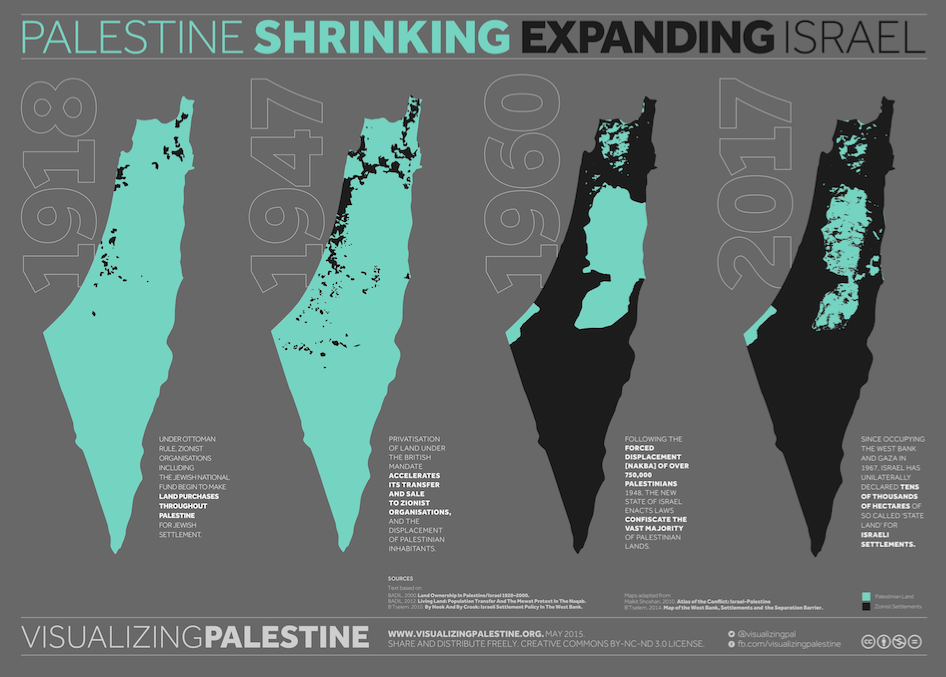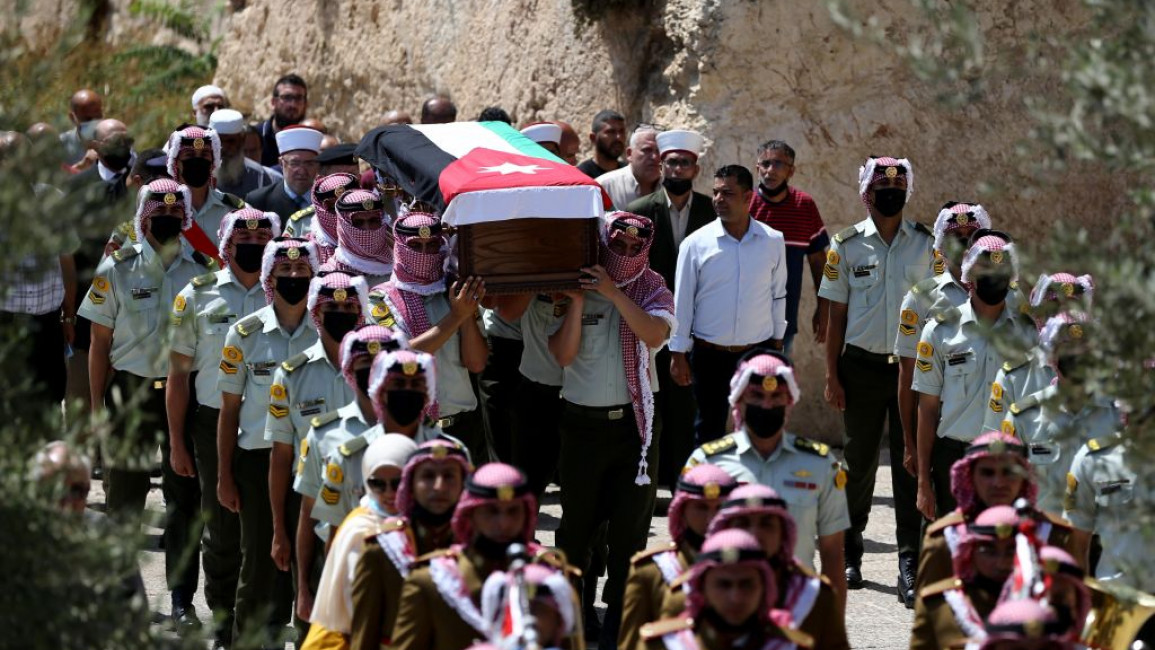Jordanian soldier killed in 1967 war buried in Israeli-occupied East Jerusalem
A Jordanian soldier killed in the 1967 Arab-Israeli war was given a military funeral and laid to rest in occupied East Jerusalem on Monday, in an extraordinary scene that pointed to improved ties between Israel and Jordan after years of tensions.
The soldier's remains were discovered last month during construction work at Ammunition Hill, the site of a famous battle between Israeli and Jordanian forces. Funeral prayers were held at the Al-Aqsa Mosque, and a Jordanian honour guard in uniform, with red-checkered headscarves wrapped around their faces, carried the casket to a nearby Islamic cemetery.
Jordanian military officers and government officials, as well as Palestinian representatives, attended the funeral.
Israel seized East Jerusalem and the West Bank from Jordan in the 1967 war. Jordan strongly supports Palestinians' right to these areas as part of their future independent state, while the United Nations considers them occupied Palestinian land. The Hashemite Kingdom gave up its territorial claims decades ago but remains the custodian of Al-Aqsa and other religious sites in East Jerusalem.
Israel unlawfully annexed East Jerusalem in a move not recognised internationally and claims the entire city to be its capital, something the vast majority of countries reject. Al-Aqsa is considered the third holiest site in Islam and the holiest in Judaism. Israelis call it the Temple Mount and claim it was the site of the Jewish temples in antiquity.
Jerusalem and its holy sites are at the heart of the Israeli-Palestinian conflict and have been the epicentre of several waves of violence, most recently in May, when Israeli aggression against Jerusalem led to an escalation in Gaza, where a deadly 11-day Israeli bombing campaign killed 256 Palestinians. Meanwhile, 13 were killed in Israel by Hamas and other groups' rocket fire.
Israel and Jordan signed a peace agreement in 1994 and maintain close security ties. But tensions over Jerusalem and the moribund peace process with the Palestinians spiked during the 12-year-rule of far-right Israeli Prime Minister Benjamin Netanyahu, who was replaced in June.

|
The new Israeli government, led by ex-settler leader Prime Minister Naftali Bennett, has sought to repair relations with Jordan. Bennett met with Jordan's King Abdullah II in secret less than two months ago, and in the following week the two countries signed breakthrough deals on water and trade.
Earlier this week, Israel's new President Isaac Herzog, who holds a mostly ceremonial office, met met with the king at his palace in Amman, the Jordanian capital.
Jordan is a close Western ally. The West values its stability and considers it a key partner in the peace process.



